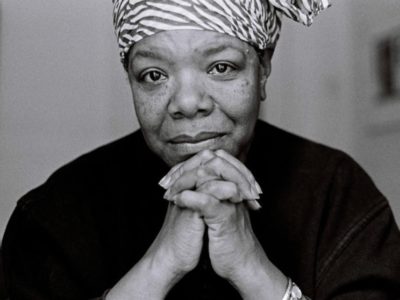There is no excuse for silence. As Desmond Tutu said, “If you are neutral in situations of injustice, you have chosen the side of the oppressor.” If you are not a person of color, you have the privilege to ignore all the injustices in the world–DON’T. Choose to care and listen to those around you. Allies to this movement have the opportunity to use their privilege to support the work of #BlackLivesMatter and the black community as a whole. Activism and allyship coexist: listen, learn, read, sign, support, protest and donate.
DISCLAIMER: I am learning to be a better ally. I recognize my privilege and promise to do all I can to use it in a way that supports those around me. I am researching, donating, posting, self-educating and most importantly, listening. I know I will never fully understand the pain and hardships the black community faces right now. However, I am doing whatever it takes to stand by them as an ally because #BlackLivesMatter.
Here are 10 resources we can use to become better allies.
1. Listen.
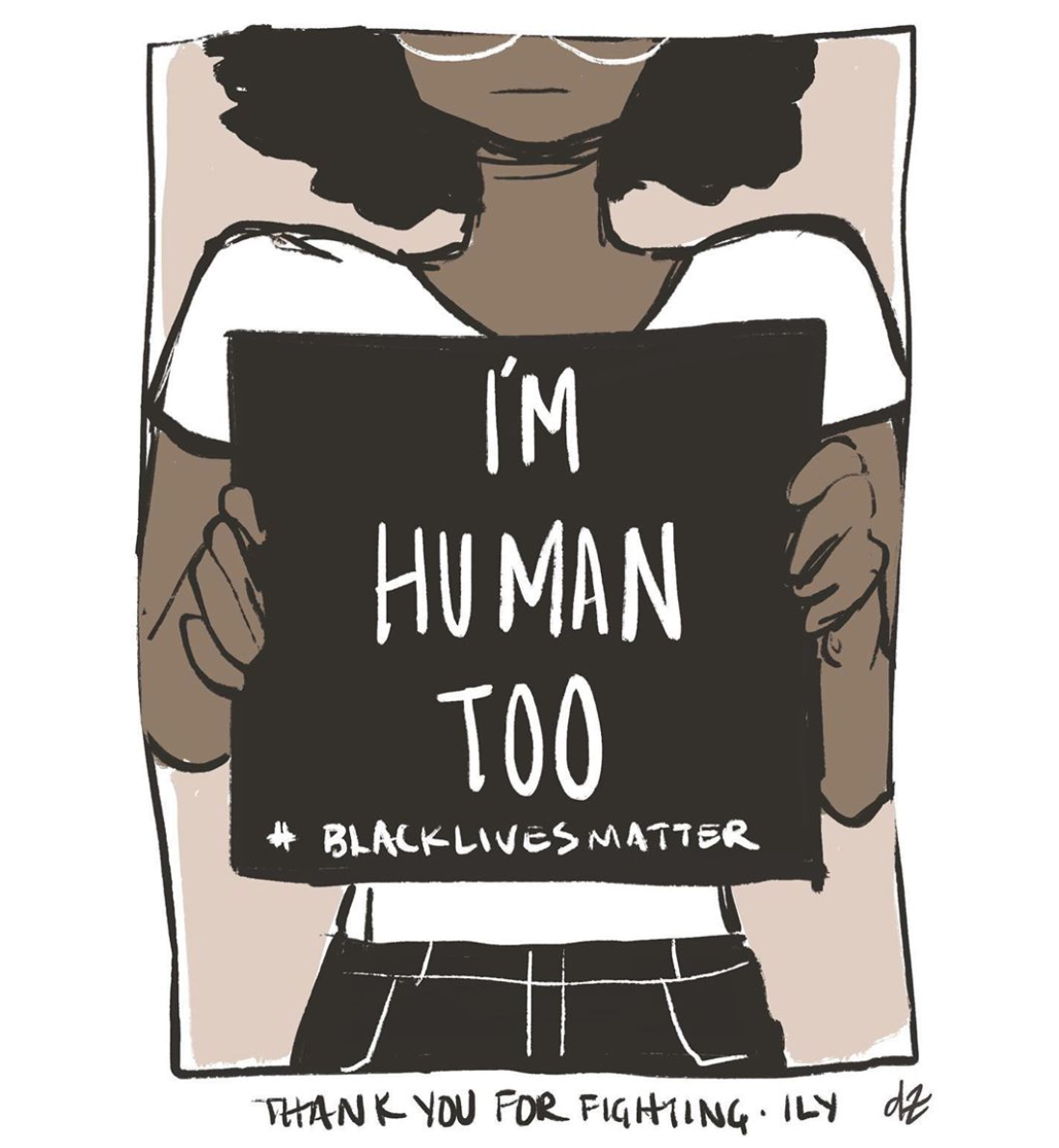
Show your support and listen to POC voices without ego or defensiveness. Amplify their thoughts and stories by utilizing your own privilege and platform. This narrative is not centered around you, but rather what you can do to support the movement. While it is not black people’s responsibility to educate you, it is imperative that you give them the space to be heard. Instagram account “so you want to talk about…” (@soyouwanttotalkabout) has a great infographic series on this particular topic. There are plenty of resources out there for your own personal education, but the first step to any allyship is listening to what the individuals you want to support have to say.
2. Follow.
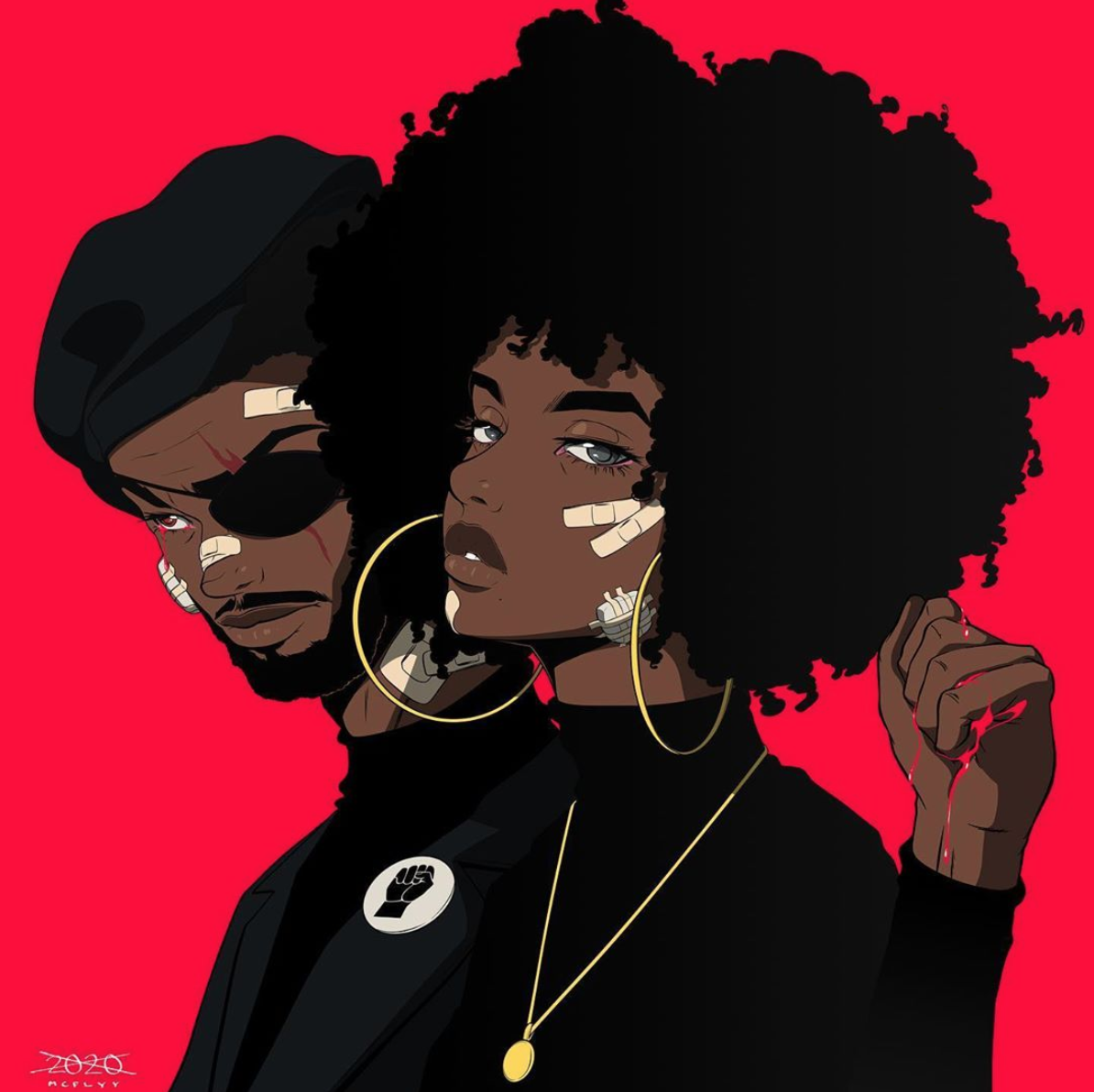
Social media holds a lot of power. It is an incredible platform for advocacy and a great opportunity for POC to have their voices heard on a widespread scale. Constant exposure to these accounts is as easy as clicking “follow,” so you have no excuse to stay silent and uninformed. Meg Zukin, Senior Social Media Editor and Writer at Variety Magazine, put together 11 Anti-Racist Accounts That Are Worth Following, which lists POC creators, influencers and activist groups creating and sharing anti-racist content. In addition, well-known organizations have their own social media: Black Lives Matter, NAACP, Color of Change and United We Dream, among many others. Following advocacy accounts diversifies your feed, point of view and education on these important movements. Plus, these advocates deserve to have their opinions heard and shared.
3. Understand your privilege.
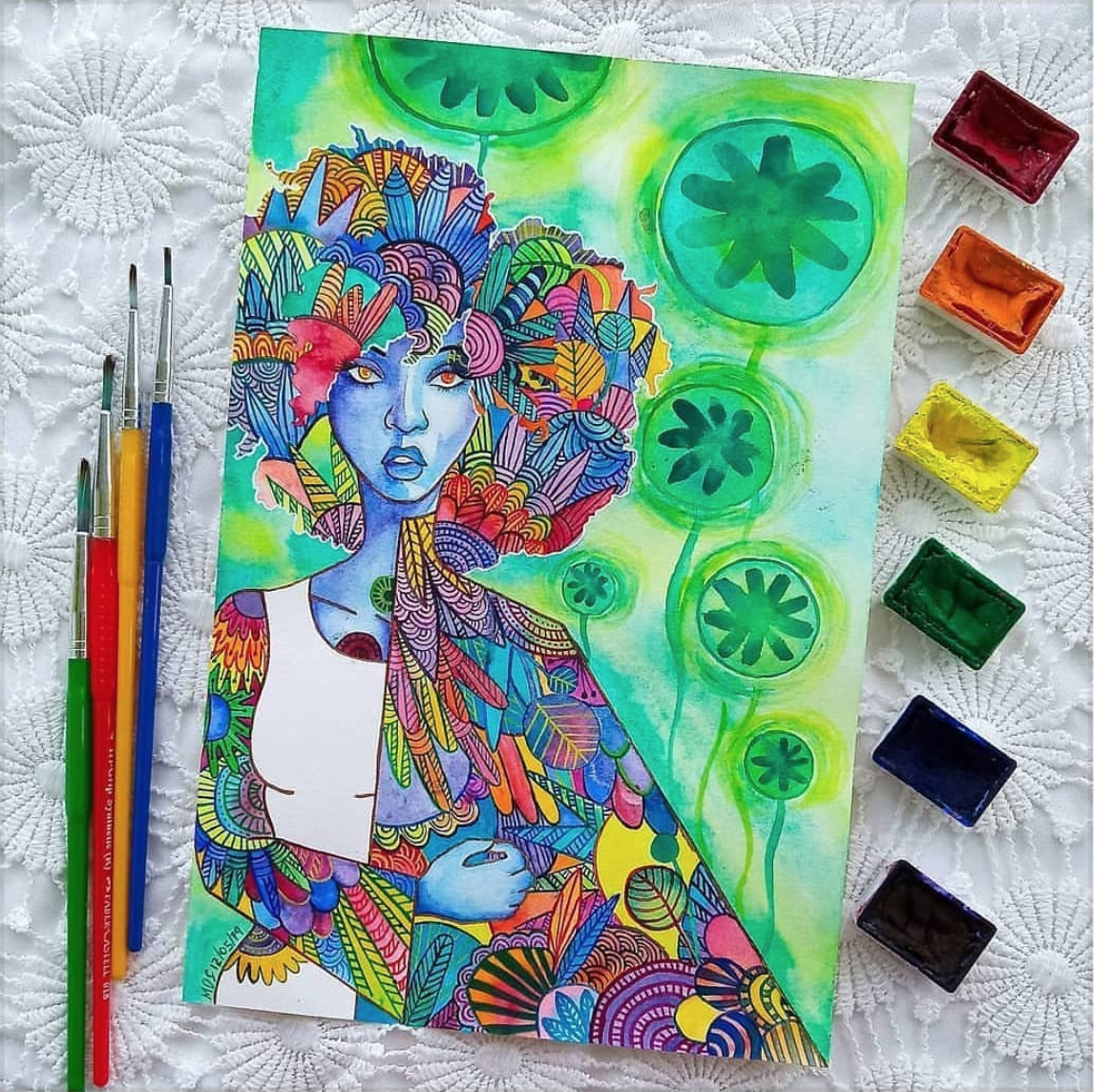
Understanding privilege as a non-POC can be difficult if it isn’t something you previously thought about, or maybe never had to. However, there are plenty of resources with information on what privilege is and how you can use it to enact a positive impact on this movement. Artist Courtney Ahn illustrated “A Guide To White Privilege” in an effort to encourage others to educate themselves on the power of their privilege. Therapist Yolanda Renteria put together a series of quote-images centered on how the BLM movement responds to current injustices; “If reading this makes you uncomfortable, check your privilege” accompanies each image, inspiring readers to question their own privilege for what may be the first time. The road to understanding your privilege as a non-POC brings feelings of shame, guilt and discomfort, but is necessary for proper advocacy. You must unlearn all that society riddled with systemic injustices taught you about your privilege, and relearn how you can use it to end oppression. As Ahn writes, “White privilege doesn’t mean your life hasn’t been hard, it means that your skin color isn’t one of the things that makes it harder.” Unlearning problematic things takes time. You will mess up, and that’s ok–just commit to listening when you are wrong and making an effort to change your habits for good.
4. Read.
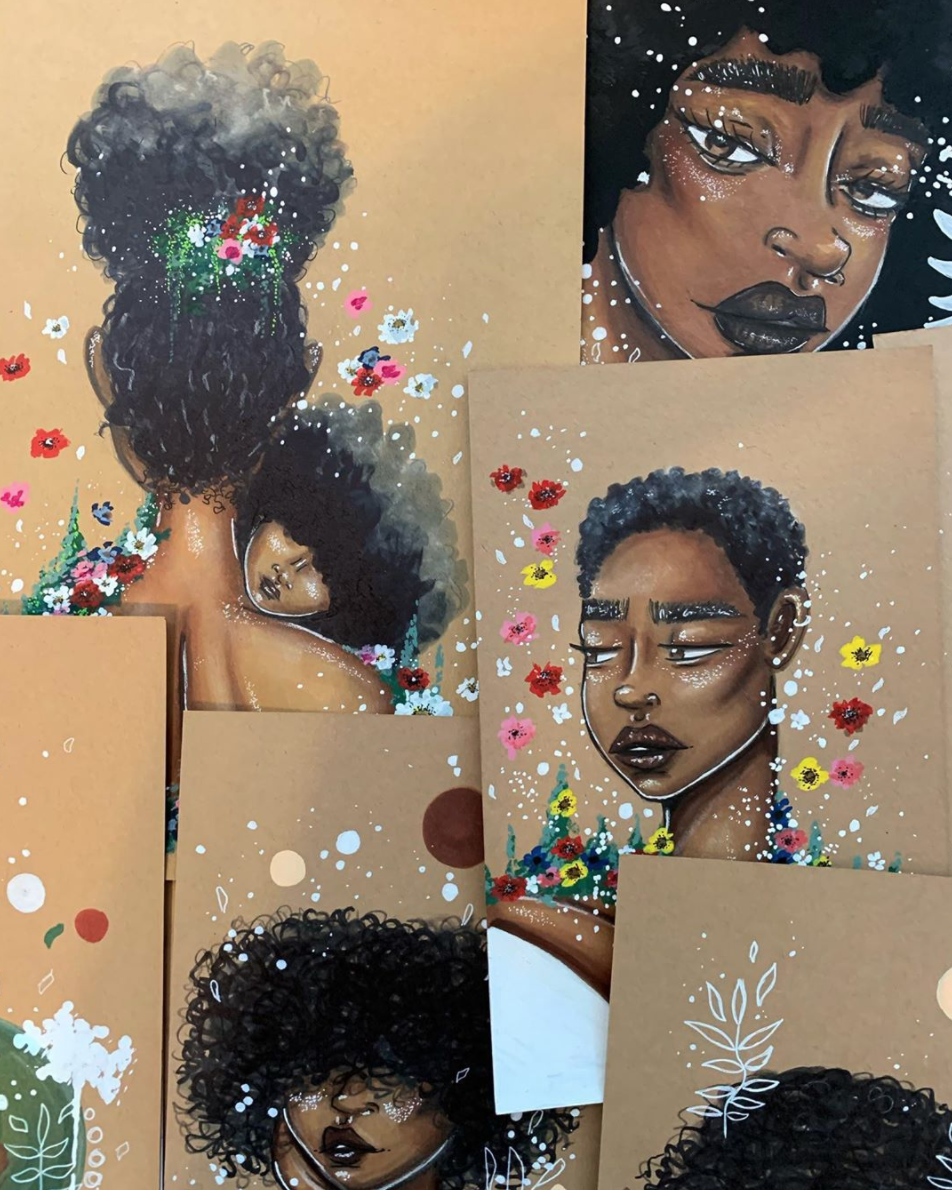
There are plenty of books about allyship, privilege and antiracism written by scholars and authors from varying backgrounds. There is a helpful website Ways You Can Help with plenty of resources, including a link to a document with hundreds of articles and reading materials on how to be a better ally. Hayley Maitland, a Planning and Weekend Editor for British Vogue, put together An Essential Anti-Racist Reading List for you to learn about the history of systemic racism within America. Laurie Hahn Ganser, Journalist for Medium, made A reading list in the wake of the killing of George Floyd to “spur your antiracist learning, and your family’s.” Better yet, if you start a book club, you can have meaningful discussions as you inspire others to join you on a journey towards becoming a better ally.
5. Avoid performative allyship.

There has been an enormous amount of performative allyship on social media as of late–“influencers” posing in front of damaged storefronts, “activists” reposting a blank screen with no information other than a hashtag, among others. The issue lies behind its intent. Author Latham Thomas describes it as “allyship that only serves at the surface level to platform the ‘ally,’ it makes a statement but doesn’t go beneath the surface and is not aimed at breaking away from systems of power that oppress.” Sharing a post just to prove you aren’t racist is not a proper motivation, and just sharing a post for the trend isn’t helpful either. In fact, even if well-meant, sharing a singular symbolic post on an Instagram story is not enough to have an impact. The best way to avoid performative allyship: practice what you preach. Use your platform to educate, not self-congratulate. Spreading awareness is great, but sharing petitions, funds seeking donations or links to self-educating resources are even better.
6. Donate.
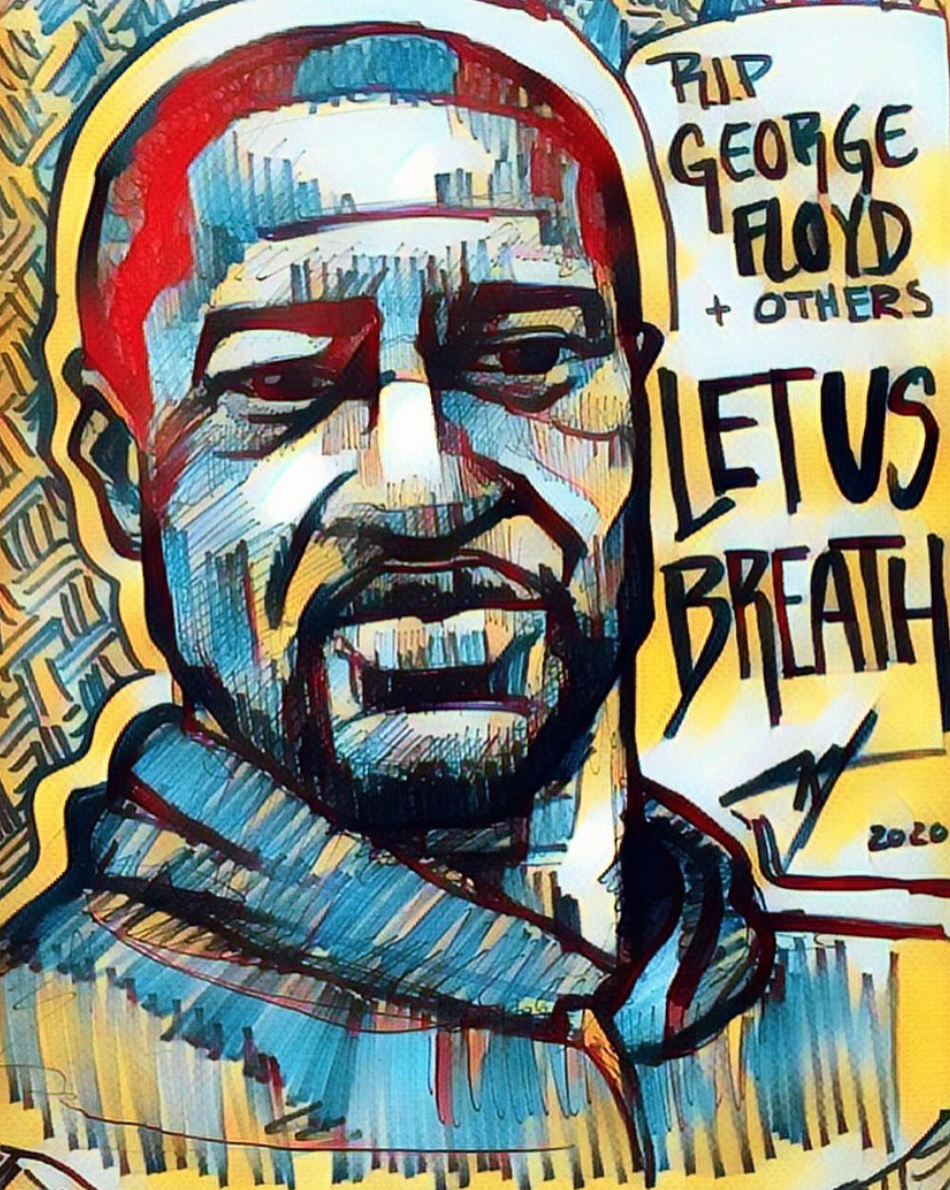
Support initiatives dedicated to improving the lives of the black community. One of the first to gain traction is The Minnesota Freedom Fund, which gained $20 million in donations in only a few days. The MFF released a statement thanking the public for their generosity and urged them to donate to other organizations: Black Visions Collective, NAACP, Color of Change, George Floyd Memorial Fund, Justice for Breonna Taylor, Black Lives Matter, Campaign Zero, National Bail Out and Reclaim the Block, to name a few. In addition, individual cities organized their own bail funds for arrested protestors fighting against injustice. If you have the means, donations are a simple way to support the cause. Even the smallest amount has an enormous impact on the movement.
7. Contact local legislature and sign petitions.
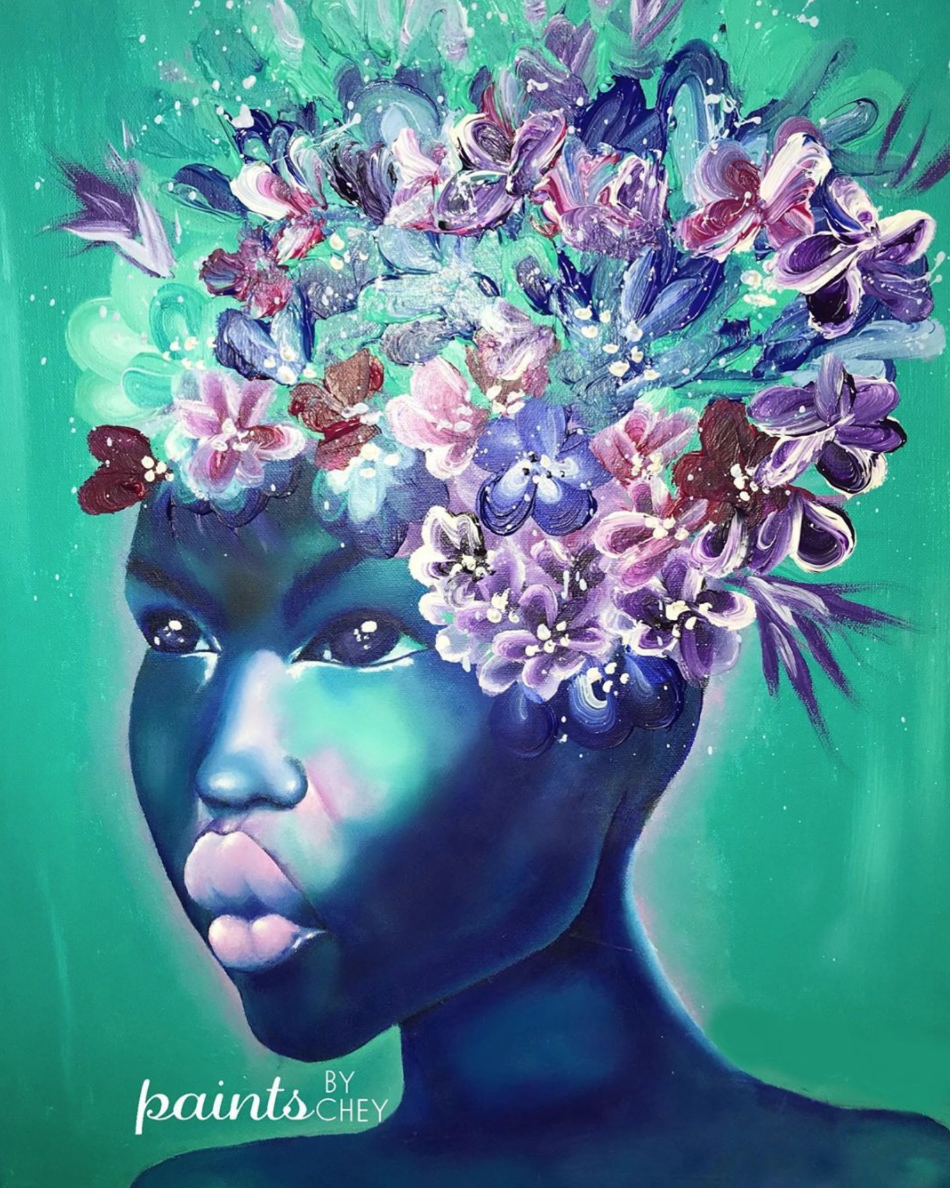
The simplest forms of advocacy? A text or call. If you haven’t already, take 30 seconds to contact these initiatives:
- Sign this petition demanding justice for Breonna Taylor, an award-winning EMT killed by a division of the Louisville Police Department during an illegal, unannounced raid on her home.
- Text FLOYD to 55-156 to sign Color of Change’s petition demanding the arrest of the four officers responsible for George Floyd’s death.
- Text JUSTICE to 66-8336 to sign MoveOn’s petition demanding all four officers involved in Floyd’s death be charged with murder and held fully accountable.
- Call (612)-324-4499 to reach District Attorney Michael Freeman, who has the power to arrest and charge all four officers, and demand he takes action.
- Research your own state legislators’ and local governments’ contact information, and call or write them to support state-wide criminal justice reform and require racial impact statements for all criminal justice bills. Check the status of your state’s legislation surrounding these statements here.
8. Keep up with current events.

Everywhere you look, people are upset, mourning and fighting. Our social media feeds and news sources changed in a very short amount of time; it feels jarring and uncomfortable. However, don’t look away just because it is upsetting. This change is necessary–the “normal” that we used to have wasn’t fair or just for every American. As the info graphic “This is to my white friends with feed fatigue” by Rebecca Scolnick says, “We HAVE to do the work to change things. The ‘normal’ that you long to return to kills people, and if you care, you must be willing to leave it behind.” Silence sides with the oppressor, not the oppressed. Utilize your privilege as an ally and choose to care, see and act.
9. Discuss with family and friends.

Racism is an uncomfortable topic for many people to discuss, but that’s why it’s imperative to discuss it. Sharing a quote or post on your Instagram story is half the battle; you must be willing to practice what you preach and stand by what you believe without hiding behind a screen. Invite your family and friends to engage in a discussion about race: What their life experience has taught them about their race and how they would like to approach it moving forward? Educate those around you with what you learn as an ally. Dom Roberts has an informative IGTV video on her Instagram profile titled “Have You Had the Conversation About Racism, In Your Home?” with helpful tips encouraging open discussions about racism within your family. These discussions are difficult but imperative toward overcoming systemic racism ingrained within society.
10. Vote.
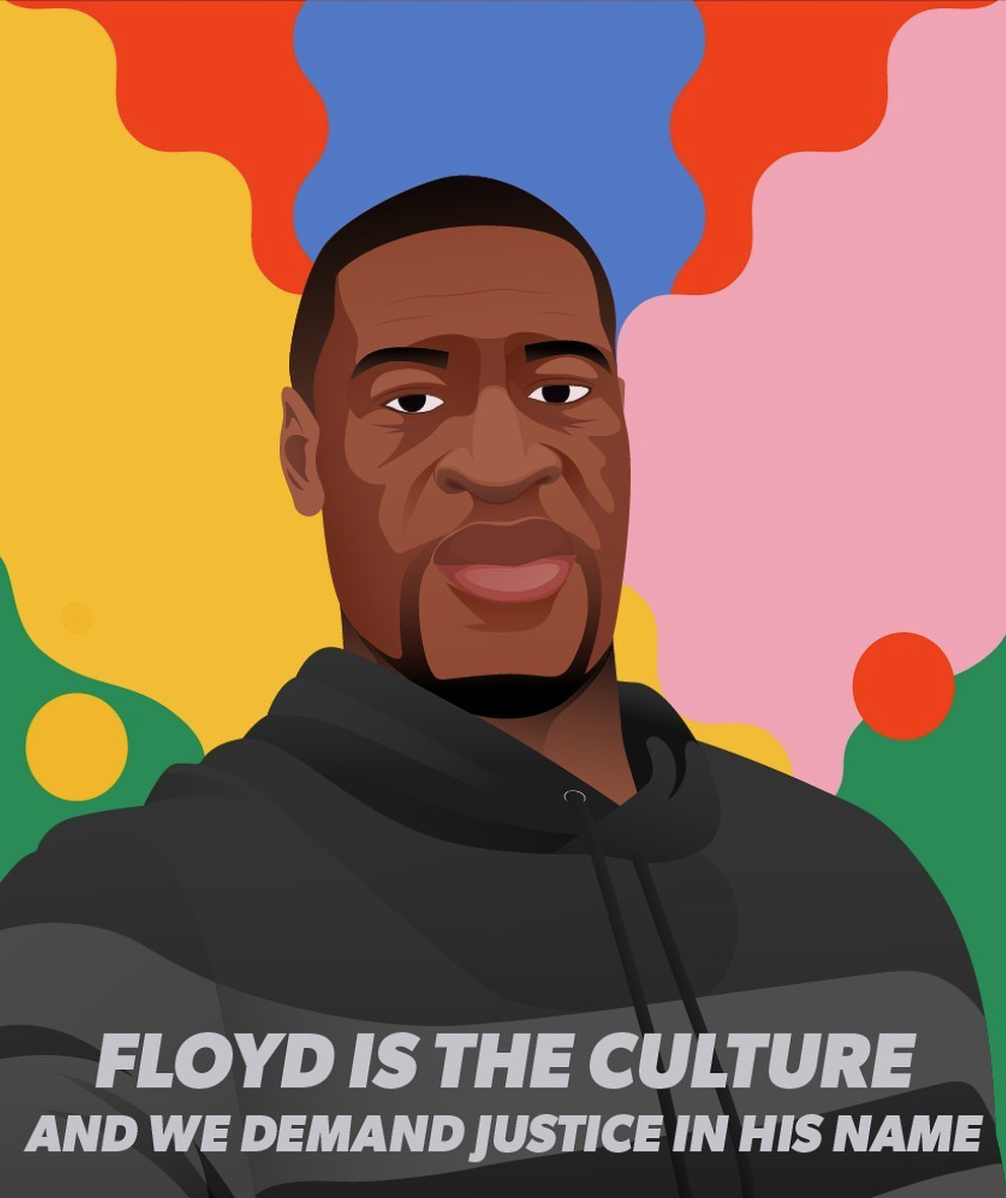
Now more than ever, your voice needs to be heard. If you are unhappy with the way our current legislature is responding to this movement, vote. If you want to incite change, vote. If you are above the age of 18, VOTE. It’s that simple. Vote Save America is a great resource for voter registration, information about candidates and individual states’ election information. Rock the Vote has webpages about state ballots, election reminders and absentee voting. No matter your background, you have the fundamental right to make your voice heard. Never take your right to vote for granted; you have the unique opportunity to enact change for the better.








